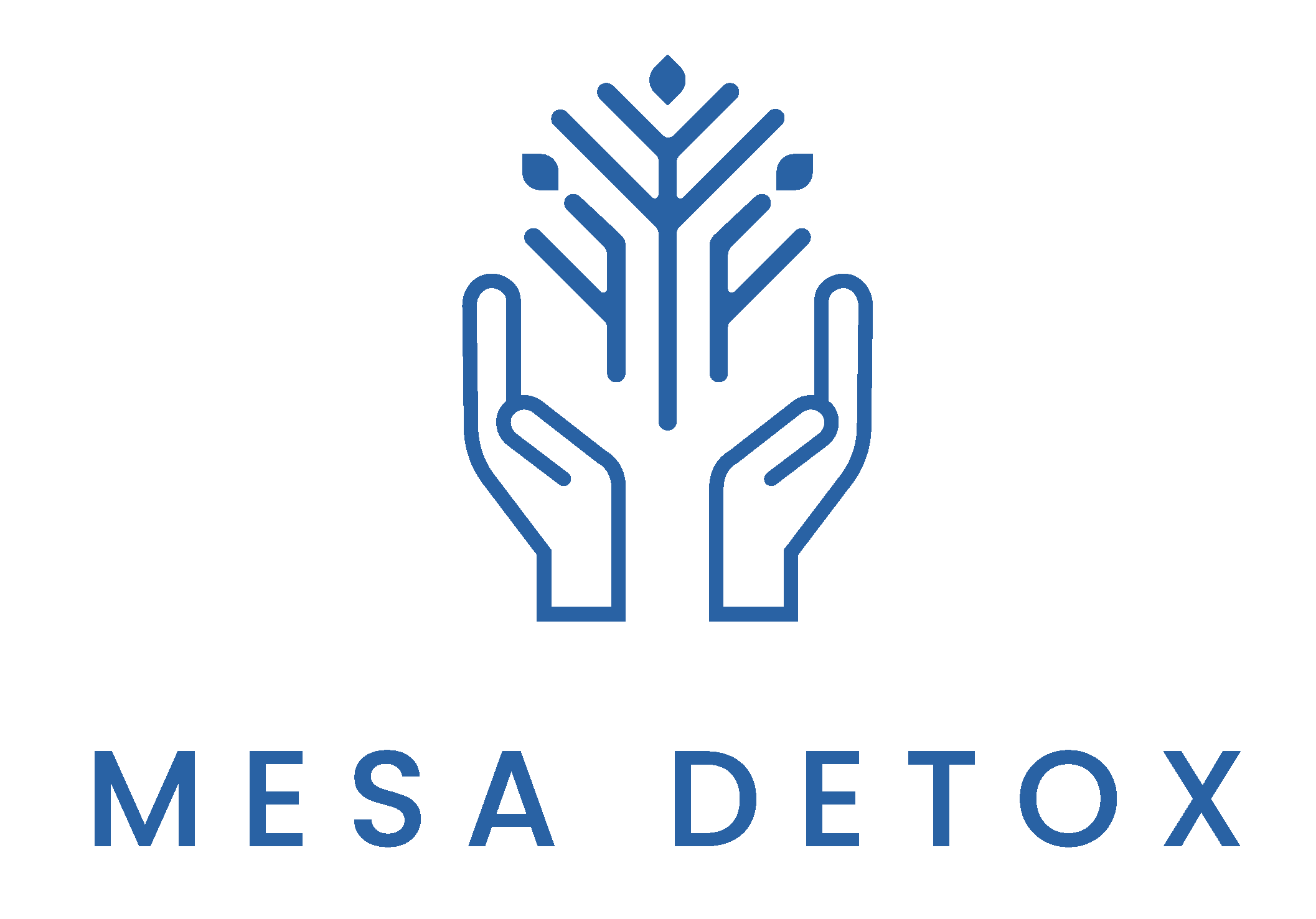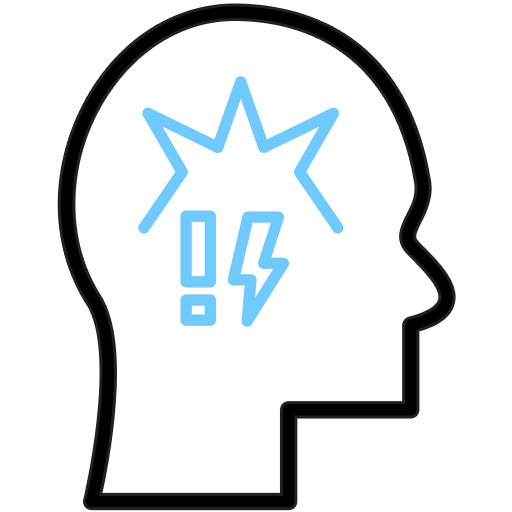Co-occurring disorders—also known as dual diagnosis—occur when a person experiences both a mental health disorder and a substance use disorder at the same time. These intertwined conditions can complicate treatment, as each can influence and intensify the other. Gaining insight into their development, symptoms, and associated risks is essential to choosing the right path to recovery.
When mental health challenges are combined with substance use issues, both conditions can become more severe. Successful treatment requires an integrated approach that addresses both simultaneously. This guide will help you understand how to identify, diagnose, and effectively treat co-occurring disorders.


















